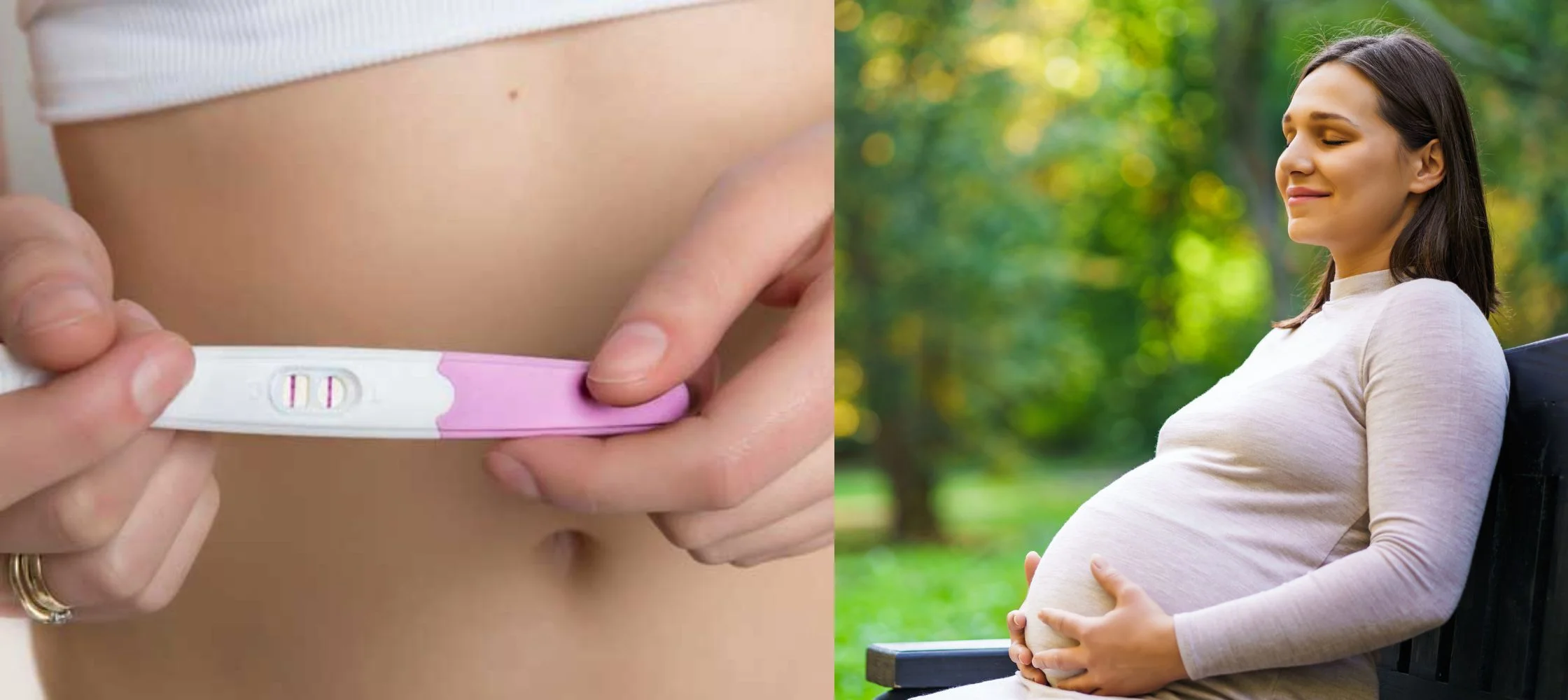
Fertility is a topic that many people are interested in, whether they are trying to conceive or simply curious about their own reproductive health. While fertility can vary from person to person, there are certain signs that your body may be especially fertile.
One of the most important indicators of fertility is a regular menstrual cycle. This means that you have a predictable period that comes every 21-35 days and lasts between 2-7 days. Regular cycles indicate that your hormones are in balance and your body is ovulating regularly, which is essential for conception. If you have irregular periods, it can be a sign of hormonal imbalances that may affect your fertility.
Another sign of fertility is changes in your cervical mucus. This is the fluid that your cervix produces throughout your menstrual cycle, and it plays a key role in helping sperm reach and fertilize an egg. As you approach ovulation, your cervical mucus becomes thinner and more stretchy, resembling raw egg whites. This is a sign that you are fertile and your body is preparing for ovulation.
Basal body temperature (BBT) refers to your body's temperature when you are at rest. During your menstrual cycle, your BBT will fluctuate slightly, with a small increase occurring after ovulation. By tracking your BBT over several cycles, you can get a better idea of when you are ovulating and increase your chances of conceiving. If your BBT remains elevated for more than two weeks, it can be a sign that you are pregnant.
Some people experience mild pain or discomfort around the time of ovulation, which is known as mittelschmerz. This pain may be felt on one side of the lower abdomen and can last for a few minutes or several hours. Mittelschmerz is a sign that your body is ovulating and can help you determine your most fertile days.
Finally, your family history can also be a factor in determining your fertility. If your mother or grandmother had no trouble conceiving, it's likely that you will be similarly fertile. Conversely, if there is a history of fertility issues or early menopause in your family, you may want to discuss these concerns with your doctor.
While regular menstrual cycles are a sign of fertility, shorter cycles may indicate that you are even more fertile. A menstrual cycle that lasts less than 21 days may indicate that you are ovulating more frequently, which can increase your chances of getting pregnant.
The luteal phase is the period of time between ovulation and the start of your next period. A luteal phase that lasts longer than 14 days is a sign that your body is producing enough progesterone to support a potential pregnancy. This can increase your chances of getting pregnant and may also be a sign of a healthy pregnancy if you do conceive.
A high sex drive can be a sign that your body is super fertile. This is because your body may naturally increase your sex drive during your most fertile days to increase your chances of getting pregnant. Of course, a high sex drive doesn't necessarily mean that you are fertile, but it can be an encouraging sign if you are trying to conceive.
Maintaining a healthy weight can also be a sign of fertility. Being underweight or overweight can affect your hormonal balance and make it more difficult to conceive. If you are at a healthy weight, you may have a better chance of getting pregnant and having a healthy pregnancy.
Finally, having a positive attitude and managing stress can also be a sign of fertility. Stress can affect your hormones and make it more difficult to conceive, so managing stress and having a positive outlook can help increase your chances of getting pregnant.
Overall, these signs can be helpful in determining your fertility, but they are not definitive. If you are trying to conceive or have concerns about your reproductive health, it's always best to consult with your doctor or a fertility specialist.
In conclusion, there are several signs that your body may be super fertile, including regular menstrual cycles, changes in cervical mucus, basal body temperature changes, ovulation pain, family history, short menstrual cycles, long luteal phase, high sex drive, healthy weight, and positive attitude. While these signs can provide insight into your reproductive health, it's important to remember that fertility can vary from person to person and there is no one-size-fits-all approach. If you are trying to conceive or have concerns about your fertility, it's always best to seek the advice of a healthcare professional. By staying informed and taking care of your reproductive health, you can increase your chances of having a healthy pregnancy and a happy, fulfilling life.
*Disclaimer: Above article is based on the information available through various sources. Always consult your dietitian, doctor and/or health expert for expert advice.
Your email address will not be published. Required fields are marked *
29 Jan, 2024
29 Jan, 2024
29 Jan, 2024
25 Jan, 2024